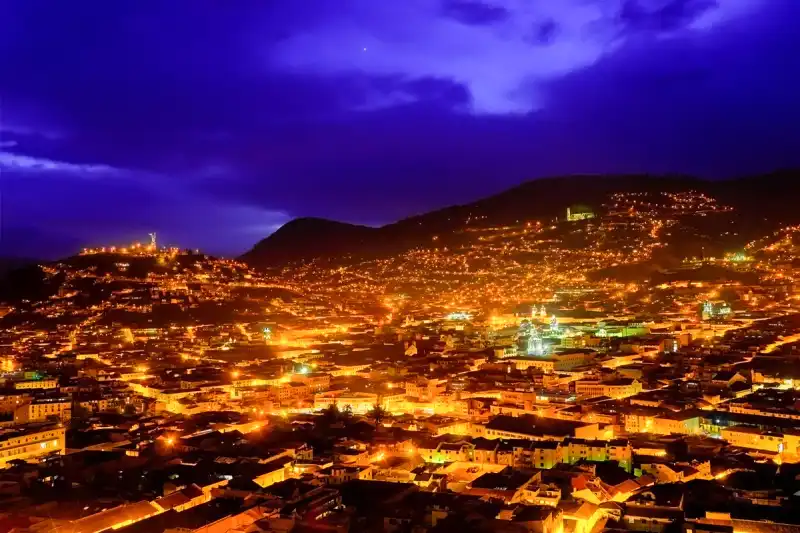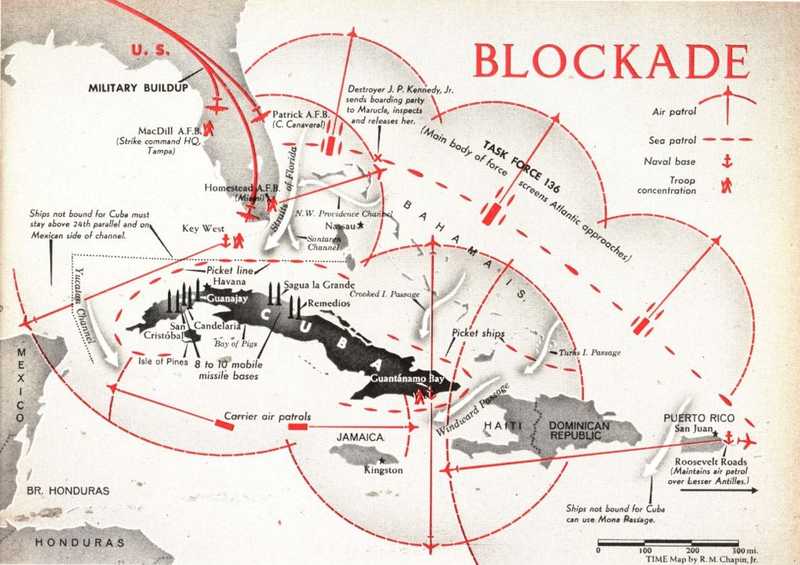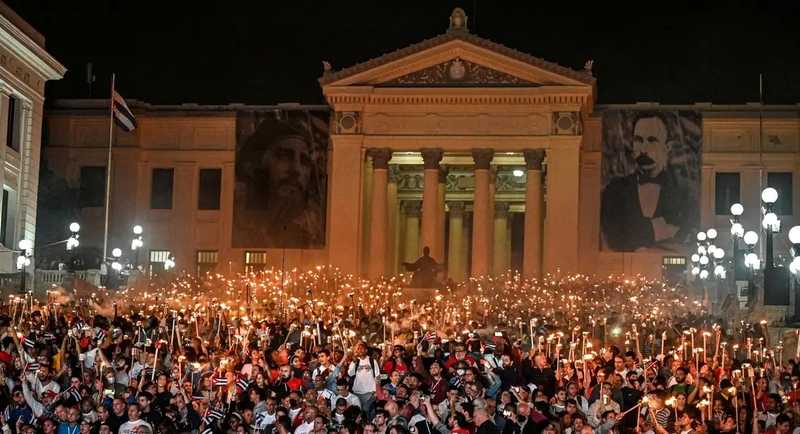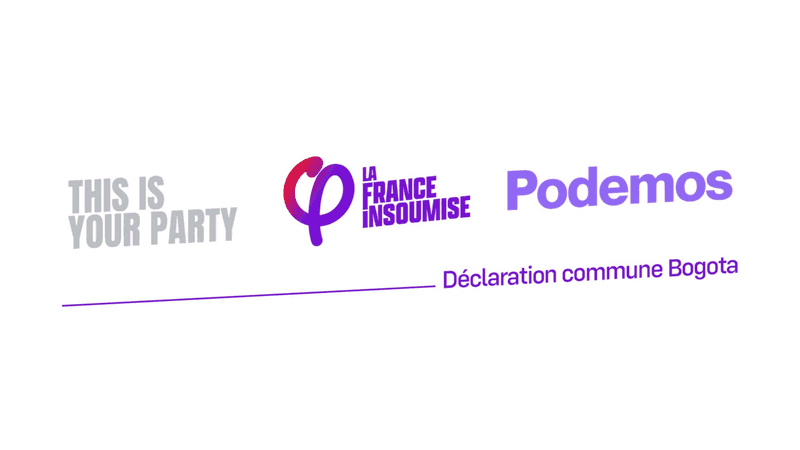
The observer mission is now ringing the alarm — and calling on the international community to remain vigilant to several troubling developments since the first round of presidential voting last month:
Unconstitutional Changes to Electoral Rules
In an unprecedented and controversial ruling, the National Electoral Council (CNE) has banned all cell phones from polling sites. This prohibition, implemented despite Ecuador's Electoral Code forbidding rule changes within one year of elections, carries penalties ranging from $9,870 to $32,900.
Given its vague enforcement guidelines, many now fear that soldiers dispatched to polling sites to enforce a safe and peaceful process could be used to seize voters’ mobile devices or to obstruct democratic verification of vote totals usually accomplished by photographing precinct vote tallies.
This ban therefore not only generates extreme uncertainty given its severe departure from the experience of recent elections and its harsh penalties, it also threatens to compromise the transparency of the verification processes conducted by party observers and poll workers that are foundational to voter confidence in the electoral process.
Further complicating voter access, the CNE announced the relocation of ten polling stations across six provinces just five days before the election—a decision affecting numerous voters and creating logistical uncertainty that may reduce participation in affected districts.
Persecution of Opponents
A pattern of targeted legal proceedings has emerged against figures from the Revolución Ciudadana movement. Criminal investigations against Andrés Arauz, former presidential candidate and Executive Secretary of Revolución Ciudadana, and Virgilio Hernández, Member of the Andean Parliament, have advanced with unusual speed despite lack of substantive evidence. These cases, initiated through complaints from ruling National Democratic Action party members, raise concerns about the politicization of judicial institutions.
Presidential candidate Luisa González faced accusations of gender-based political violence that courts dismissed for lack of evidence. And in the final week of the campaign, the Attorney General’s Office has filed fuel trafficking charges and sought the arrest of Aquiles Álvarez, the mayor of Guayaquil — Ecuador’s largest city.
In the 2023 presidential election, the blame for the shocking killing of candidate Fernando Villavicencio was placed squarely at the feet of the Revolución Ciudadana. Nearly 18 months later, on April 8 2025, Verónica Sarauz, the widow of Fernando Villavicencio, issued a statement revealing that the Prosecutor General’s Office, in coordination with Daniel Noboa, had pressured her to publicly accuse the RC party for the murder of her husband. Implicating the RC in Villavicencio’s assassination, Drop Site News and The Intercept Brasil reported, significantly helped shape a public narrative in Noboa’s favour in the 2023 presidential elections.
Foreign Interference
The Progressive International notes with concern President Noboa's recent announcement regarding collaboration with Erik Prince, founder of the private military company Blackwater, to support security operations. Prince's organization has a documented history of controversial operations in conflict zones.
Prince has already participated in security activities in Ecuador, including "Operation Apollo 13" in Guayaquil on 5 April, which resulted in numerous arrests, most of whom were subsequently released without charges. Following this operation, Prince made public statements criticizing presidential candidate Luisa González, raising questions about foreign involvement in domestic electoral politics.
The presence of private foreign security contractors in proximity to electoral processes presents legitimate concerns regarding sovereignty and the perception of external influence in Ecuador's democratic procedures.
Misuse of Public Office
President Noboa has brazenly refused to follow constitutional succession protocols during his campaign. Rather than transferring power to Vice President Verónica Abad as constitutionally required, Noboa delegated authority to unelected official Cynthia Gellibert Mora—an action explicitly ruled unconstitutional by Ecuador's highest court. Vice President Abad was then sanctioned by the Electoral Court, which stripped her of political rights without sufficient legal grounds.
Recently, reports by journalist Andrés Durán and Colombian outlet Raya magazine documented how a contractor hired by Noboa Trading — a banana-exporting company owned by the Noboa family — was arrested three times (in 2020, 2022, and 2024) in connection with cocaine shipments allegedly found in banana exports, yet repeatedly avoided prosecution. Brazilian publication Agência Pública reported on April 1 that President Noboa, in fact, holds the ownership of the company through Lanfranco Holdings, a Panama-based entity — a potential violation of Ecuadorian law prohibiting public officials from holding assets in tax havens.
The coordinated nature of these actions—spanning judicial, constitutional, electoral, and resource allocation domains—suggests a deliberate strategy to influence electoral outcomes through institutional manipulation.
Call to Action
We call upon the international community—electoral observers, human rights organizations, diplomatic missions, and democratic institutions—to monitor Ecuador's electoral process with heightened scrutiny. The fundamental right of Ecuadorian citizens to determine their political future through free, fair, and transparent processes must be defended.
The eyes of the democratic world are on Ecuador this Sunday. What hangs in the balance is not merely an electoral outcome, but the resilience of constitutional democracy itself — in Ecuador, Latin America, and the world.




